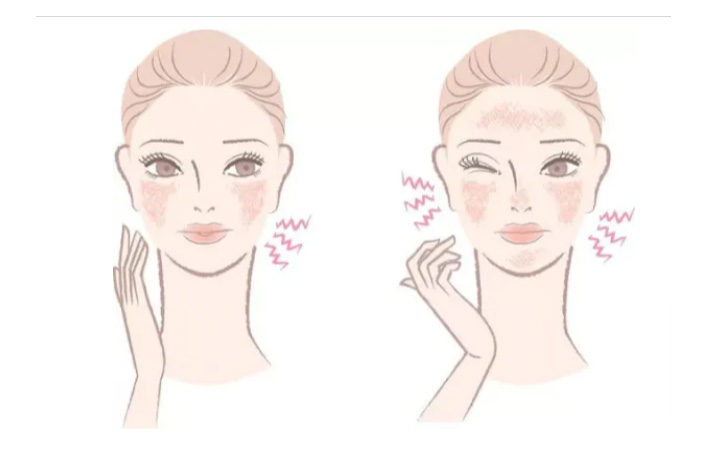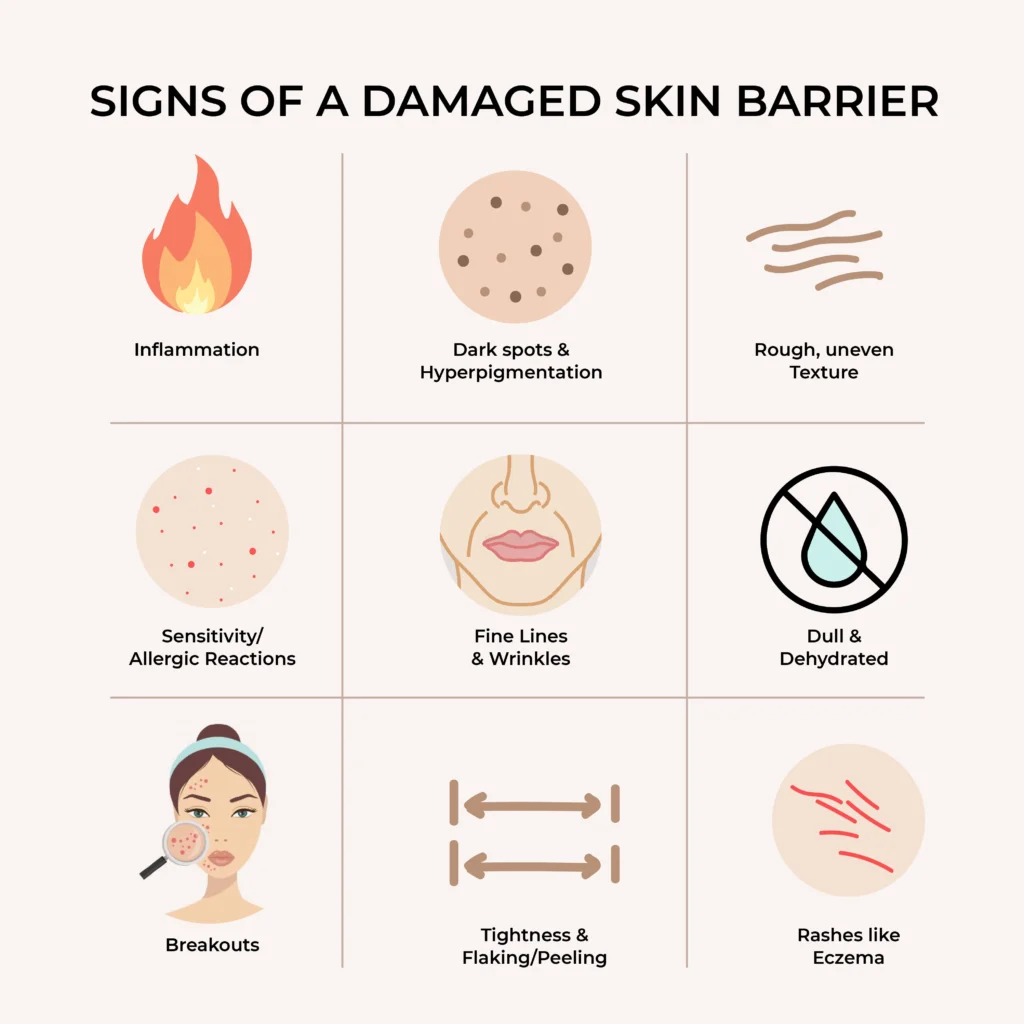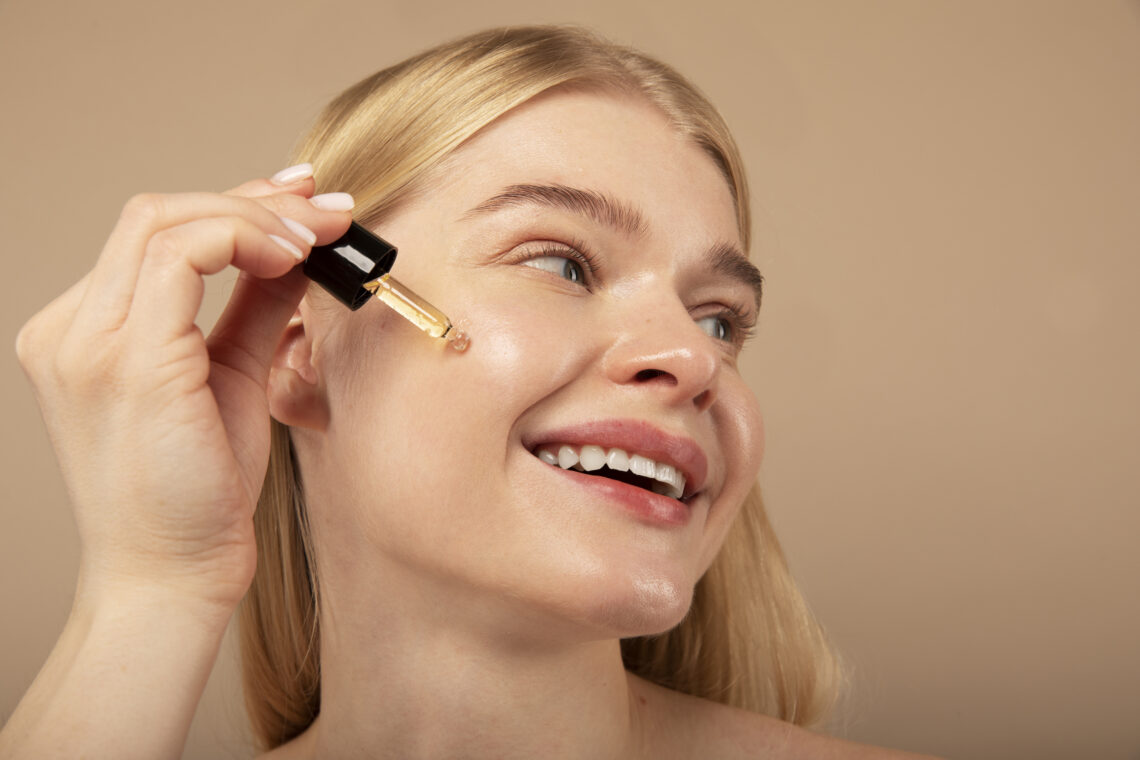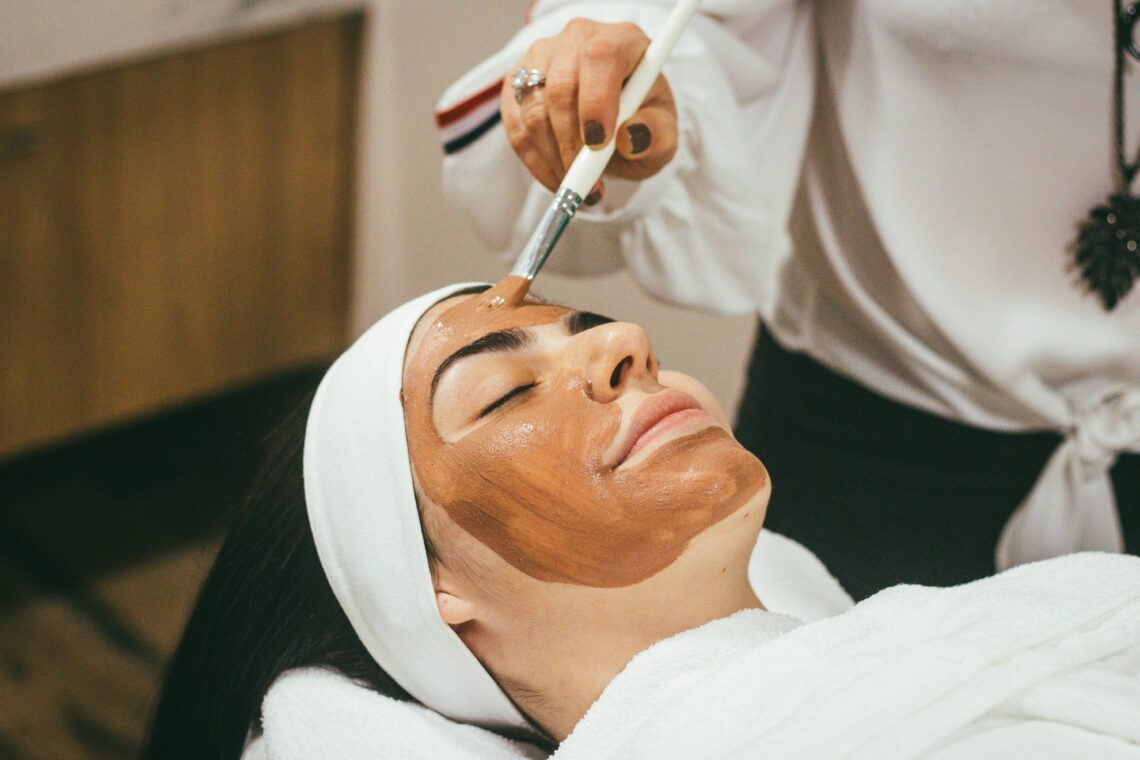As a ‘senior’ oily sensitive skin holder, my journey to the land of healthy skin has been a rollercoaster ride. From oily, acne-prone teenage years to a sensitive, irritated mess in my twenties, I thought I’d seen it all. And then, my skin decided to throw a curveball: skin barrier impairment (also known as skin barrier damage). To say I was flummoxed is an understatement. But, fear not! I’ve emerged victorious and am here to share my story of how I fixed my skin barrier impairment, thanks to dermatologist-recommended medical skincare products. Buckle up, because it’s going to be one heck of a ride!
What is Skin Barrier Impairment?
Picture your skin as a brick wall. The bricks are your skin cells, and the mortar that holds them together is the skin barrier. In a nutshell, the skin barrier is your skin’s first line of defense against the big, bad world. It helps retain moisture, keeps out irritants, and fends off harmful bacteria.
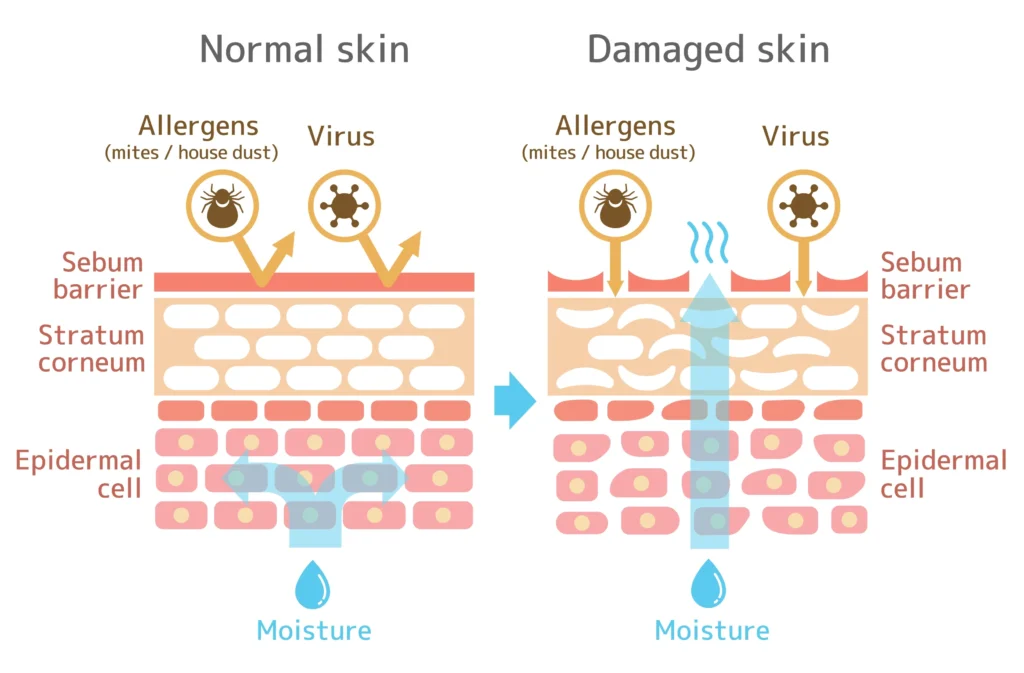
So, what happens when this wall starts to crumble? Skin barrier impairment, also known as skin barrier damage, this pesky problem occurs when your skin barrier is compromised, leaving your skin vulnerable to all kinds of nasties. It can be triggered by various factors, from harsh skincare products to environmental stressors.
The Telltale Signs
If your skin feels drier than the Sahara desert, you might be dealing with skin barrier impairment. Other symptoms include redness, itching, flaking, and increased sensitivity. In some cases, it could even lead to breakouts! To determine if your skin barrier needs strengthening, you should look out for the following signs:
- Inflammation: If you experience a burning sensation accompanied by redness, it could be a sign of a damaged skin barrier. Inflammation is the body’s response to irritants, and broken barriers can allow irritants to penetrate into the skin, leading to more inflammation.
- Dark spots and hyperpigmentation: Discoloration in the skin tone can be caused by excess melanin deposition, which protects the skin from UV rays. However, greater exposure can damage the cells in the hair follicle, leading to pigmentation.
- Rough, uneven texture: Transepidermal Water Loss is a condition where a damaged skin barrier cannot retain moisture, leading to dehydration, roughness, and flakiness.
- Fine lines and wrinkles: A weakened skin defense system makes the skin vulnerable to harsh UV rays, dehydration, and over-exfoliation, affecting the skin’s elasticity and leading to premature aging, wrinkles, and fine lines.
- Sensitivity/allergic reactions: A damaged skin barrier cannot keep external aggressors at bay, making the skin sensitive and prone to allergic reactions.
- Dull and dehydrated: The inability to retain moisture can make the skin look dull and dehydrated.
- Breakouts: A damaged skin barrier makes the skin vulnerable to bacteria and irritants, leading to acne, pimples, and breakouts.
- Tightness and flaking/peeling: Excessive moisture loss from the skin through the tiny cracks can make the skin dry, leading to tightness, sensitivity, and flakiness.
- Rashes like eczema (Atopic Dermatitis): Sensitivity and dryness can cause inflammatory reactions, leading to eczema and atopic dermatitis (AD).
Causes of Skin Barrier Impairment / damage
So, what causes this uninvited guest? Here’s a list of some common culprits:
- Over-exfoliation: We all love a good scrub, but too much of a good thing can be damaging. Over-exfoliating can strip your skin of its natural oils and weaken the skin barrier.
- Harsh skincare products: Some products can be too aggressive, causing irritation and skin barrier damage. I’m looking at you, alcohol-based toners and harsh cleansers!
- Environmental factors: Sun damage, pollution, and extreme temperatures can all take a toll on your skin barrier.
- Stress: Yes, your mental state can affect your skin. Chronic stress can lead to skin inflammation and barrier damage.
- Diet: A poor diet lacking in essential nutrients can weaken the skin barrier, so make sure you’re eating your fruits and veggies!
The Road to Recovery: Ingredients and Medical Skincare Products
Now that we’ve identified the problem, let’s talk about solutions. The key is to find gentle, soothing ingredients that help repair and strengthen the skin barrier. Here are my top picks!
Ceramides:
These lipid molecules are your skin’s BFFs! They occur naturally in the skin and are responsible for maintaining the skin barrier’s integrity and locking in moisture. Look for products with ceramides, like CeraVe PM Ultra-Lightweight Moisturising Lotion, can help replenish these essential lipids, leading to smoother, more hydrated skin.
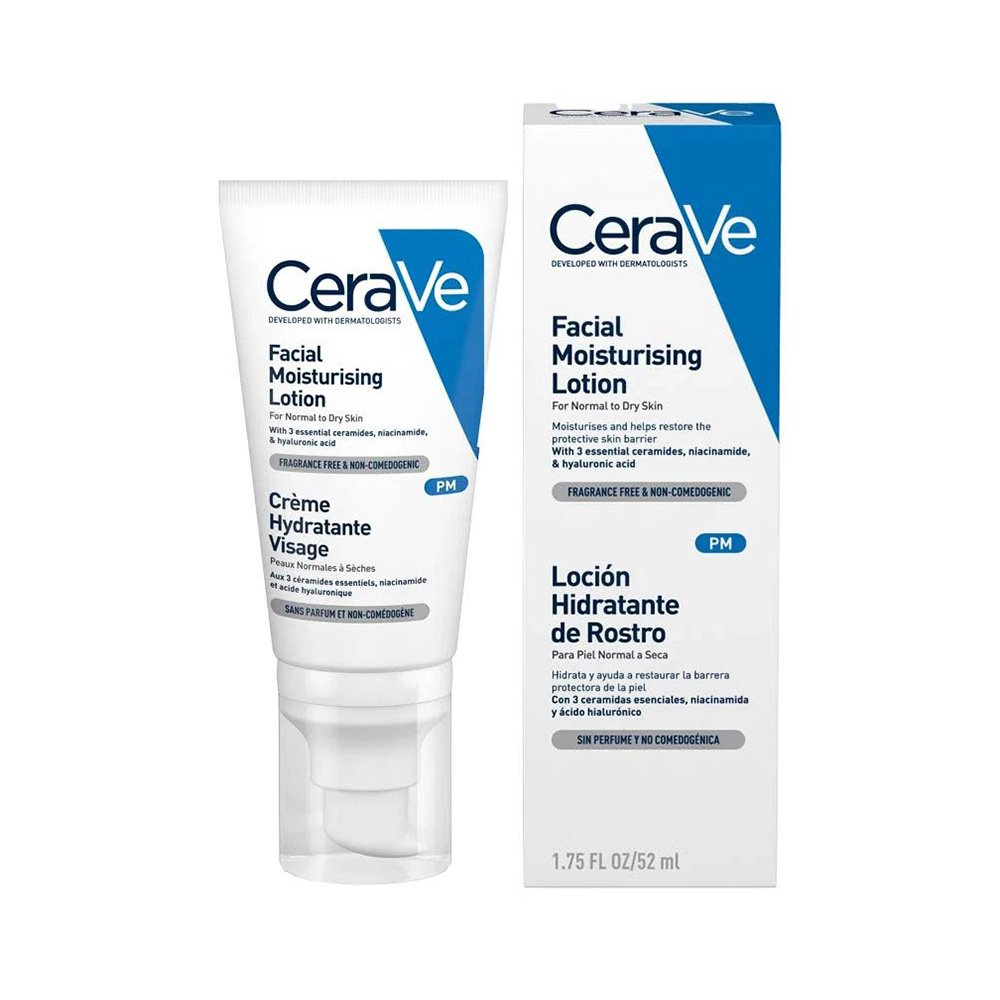
CeraVe PM Facial Moisturising Lotion is an ultra-lightweight lotion with 3 essential ceramides to help protect the skin’s natural barrier. Formulated with our patented MVE Technology, this evening moisturiser provides a continuous release of hydration for up to 24 hours.
Related blog: Why is Cerave so famous?
Niacinamide:
A form of vitamin B3, niacinamide helps reduce redness, inflammation, and improve skin’s elasticity. My go-to is the Paula’s Choice 10% Niacinamide Booster, which can help to improve the appearance of redness and restore skin against moisture loss.
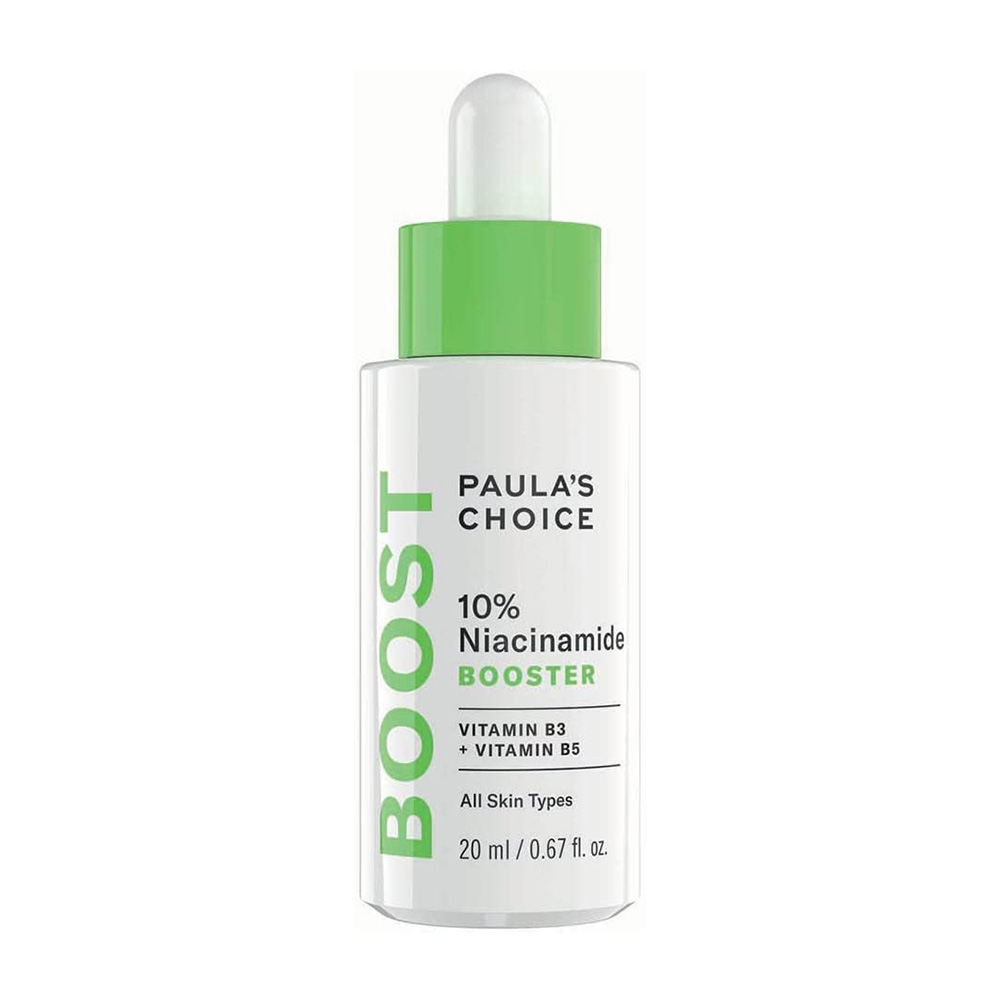
Multi-tasking, light-weight formula with 10% concentrated niacinamide. Visibly improve the appearance of enlarged pores, uneven skin tone, fine lines and dullness.
Hyaluronic acid:
This hydration powerhouse can hold up to 1,000 times its weight in water. It’s perfect for plumping up the skin and reducing dehydration. Cetaphil Daily Hydrating Face Moisturiser is a budget-friendly option for you. The Hyaluronic Acid and powerful moisturizing agents locks in moisture for 24 hours to protect skin from dryness.
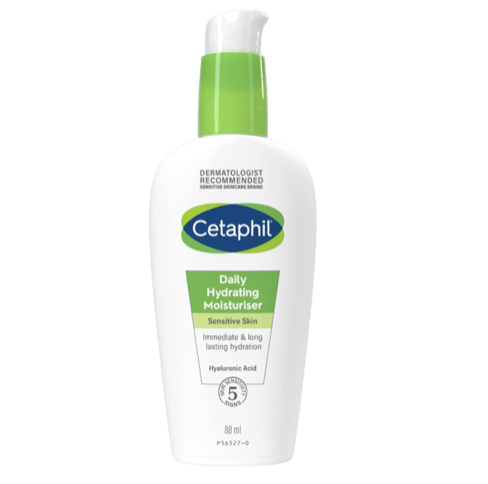
This ultra-light moisturiser with Hyaluronic Acid instantly hydrates and locks in moisture for 24 hours to leave skin feeling balanced. Defends against 5 signs of skin sensitivity including dryness, irritation, roughness, tightness and a weakened skin barrier.
Related blog: The Secrets Of Cetaphil Skincare Products
Centella Asiatica:
Also known as cica or tiger grass, this plant extract has been used for centuries in traditional medicine to soothe and heal the skin. I love the Uriage Bariederm Repairing Cica-Cream which delivers a purifying and anti-irritation effect.
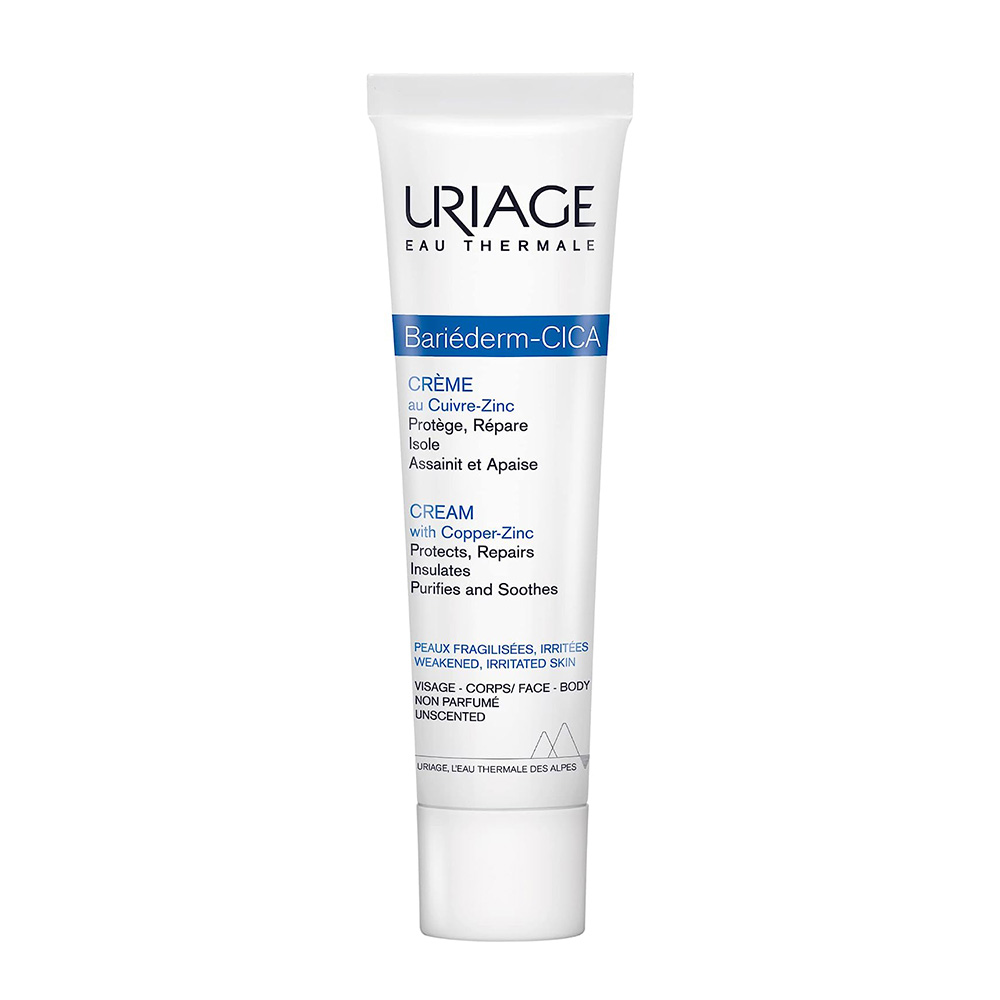
You can have short product description here. It can be added as and enable/disable toggle option from which user can have control on it.
Panthenol:
A form of vitamin B5, panthenol can help repair the skin barrier and reduce inflammation. La Roche-Posay Cicaplast Baume B5 Repairing Balm is a fantastic option for sensitive skin. It can help improve the skin’s texture and reduce redness and sensitivity.
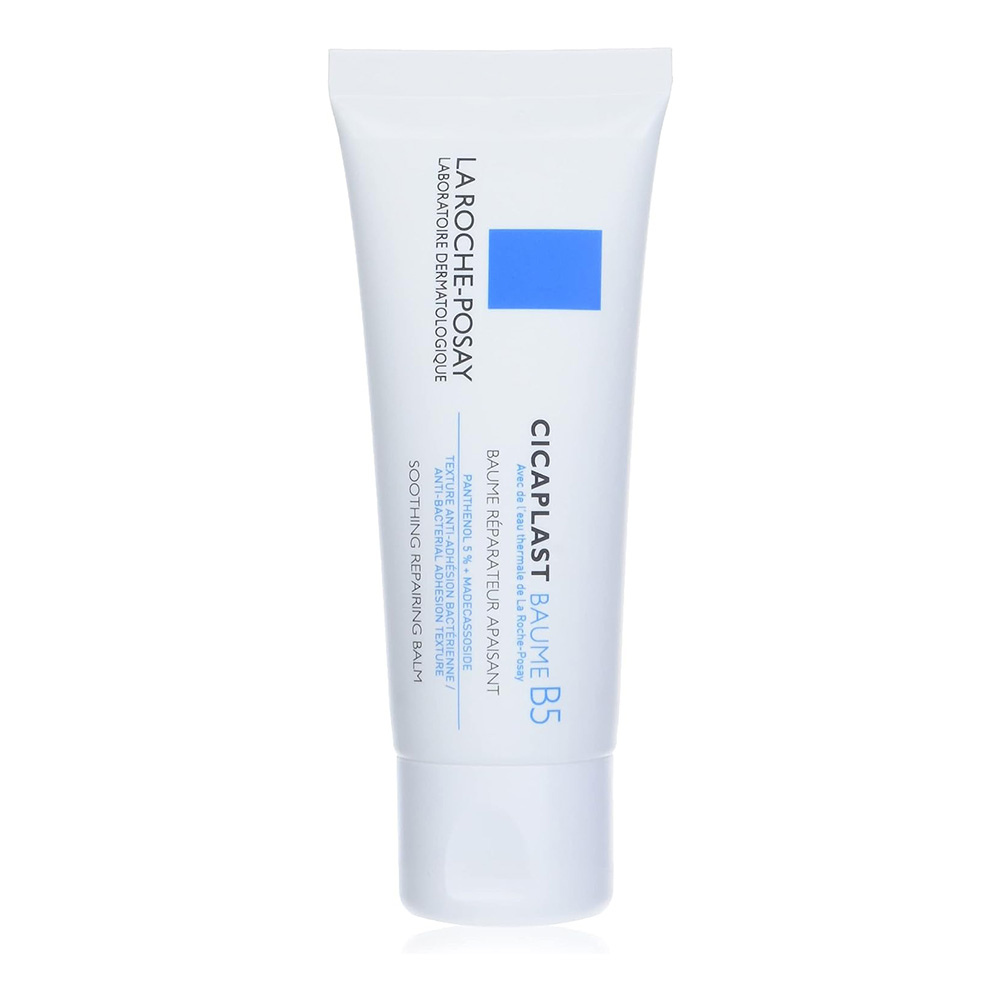
You can have short product description here. It can be added as and enable/disable toggle option from which user can have control on it.
Remember, consistency is the key! Stick to a gentle skincare routine, avoid harsh products, and give your skin the TLC it needs. With time, patience, and the right medical skincare products, your skin barrier will be back on track, and you’ll be ready to face the world with a healthy, glowing complexion.
There you have it!
My journey through the treacherous terrain of skin barrier impairment has been a wild ride, but I’ve emerged stronger and wiser. So, if you’re struggling with this pesky problem, don’t despair! Just keep in mind, embrace the power of dermatologist-recommended medical skincare products, and get ready to enjoy the skin of your dreams.^^

